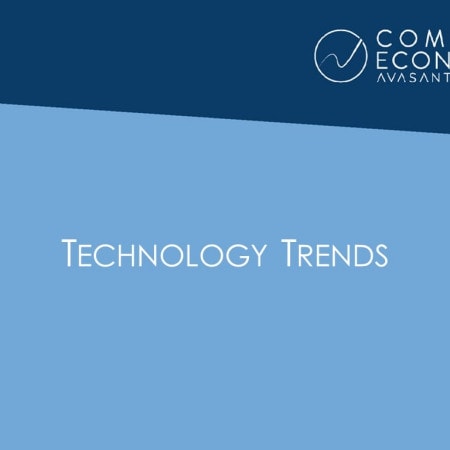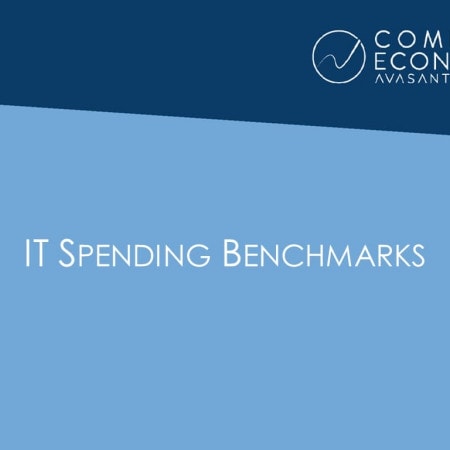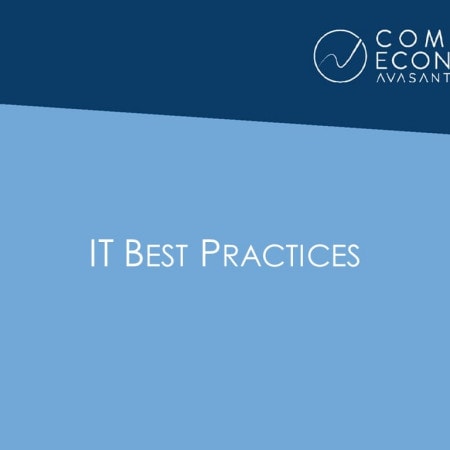-

Server Acquisition Trends Show Success of Data Center Optimization
Proliferation of low-end servers is a common problem in data centers today, resulting in low overall utilization of server hardware, higher-than-needed support costs and excess energy consumption. In response, data center managers have been using server virtualization and consolidation to restrain the growth of all classes of servers and to reduce overall spending on server hardware and software. This study examines server count trends by organization size. It also explores how the typical data center's workload is distributed among various operating systems. Finally, it looks at spending on server hardware and software over the past three years as a percentage of the IT budget. (8 pp., 8 figs)[Executive Summary]
November, 2008
-

IT Buying Trends
The buying patterns of IT equipment provide insights into the overall health of the industry and directions for technological improvements. The demand for mainframes and midrange systems has fallen as a consequence of the popularity and ease of use of servers in a variety of capacities. The rationale for the decreased interest in traditional mainframes and midrange systems is easily seen when statistics for servers are investigated. The server market is the hottest growth segment for IT spending.
February, 2005
-

Simplify to Reduce Costs
With the New Year upon us, many individuals are committing to personal resolutions to improve their life. Simplifying your IT environment can also achieve significant results, such as: reducing overall costs; improving the manageability and reliability of the environment; improving service levels and customer satisfaction; improving IT attitudes and reducing frustration; and allowing IT to focus on the areas critical to the business. What are ways to simplify your IT environment and achieve these benefits? Click here to purchase.
January, 2005
-

Is 64-Bit Worth the Wait?
After struggling in niche workstation, graphics, and number-crunching segments for the last decade, the 64-bit microprocessor is now starting to gain a foothold in the commodity server hardware scene. While the price/performance curve of the Intel x86 family has served general-purpose computing well over the last decade-plus, the growth in data intensive and CPU intensive applications with large numbers of users is fostering interest in 64-bit outside of its typical domain. Whether 64-bit technology is worth the wait really depends on your needs. This article will help you answer this question and determine your strategy for server technology moving forward. Click here to purchase.
April, 2004
-

Windows 2000 vs. Linux Study: Not All Good News for Microsoft (Dec 2002)
Closer examination of IDC's Windows 2000 vs. Linux TCO study indicates there is no clear winner in this area.
December, 2002
-

Predict Website Visitor Purchasing Behavior (August 2002)
Dealing with a large number of e-commerce shoppers in an efficient manner is always a challenge, so website managers can benefit from being able to reliably predict the buying probability of site visitors. Figure 1, based on eight months of Amazon.com activity, shows that website shoppers may visit a site several times, when purchases are made several items may be bought at the same time, and only 0.36 purchases are made during the average visit.
August, 2002
-

System Consolidation Is Widespread (July 2002)
Server and mainframe consolidation is very widespread according to the 13th annual Information Systems and E-Business Spending study conducted by Computer Economics.
July, 2002

 Grid View
Grid View List View
List View